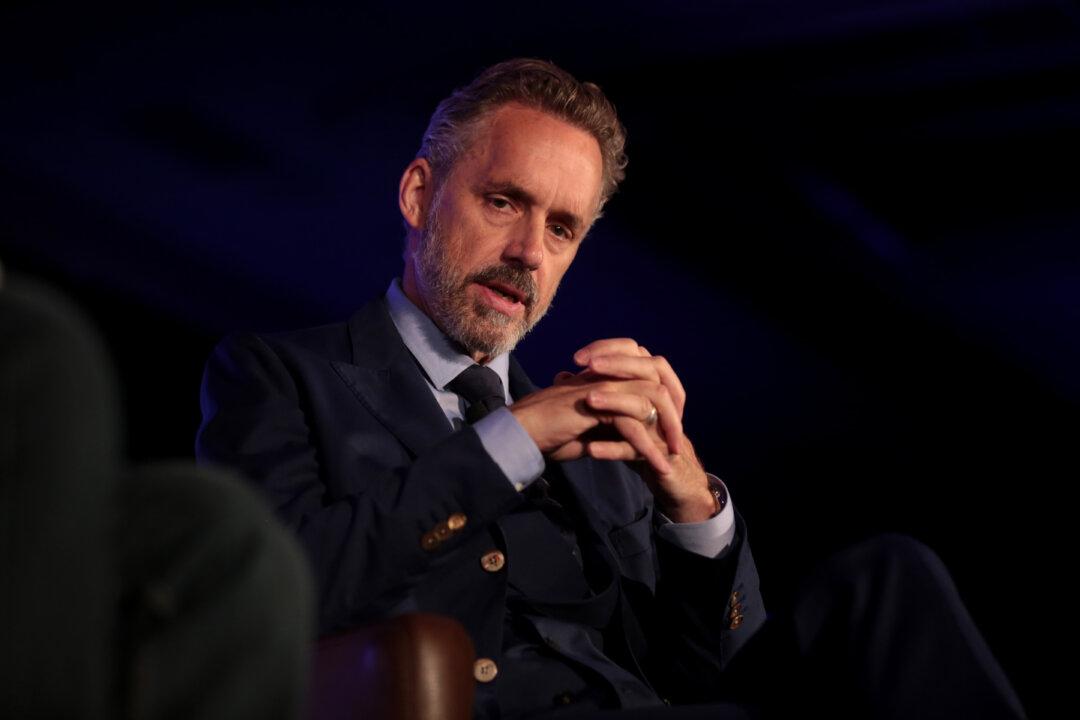YouTubers will be silenced if they don’t agree with the United Nations on public health. As The Verdict reported:
“YouTube will ban any content containing medical advice that contradicts World Health Organisation (WHO) coronavirus recommendations, according to CEO Susan Wojcicki.”





